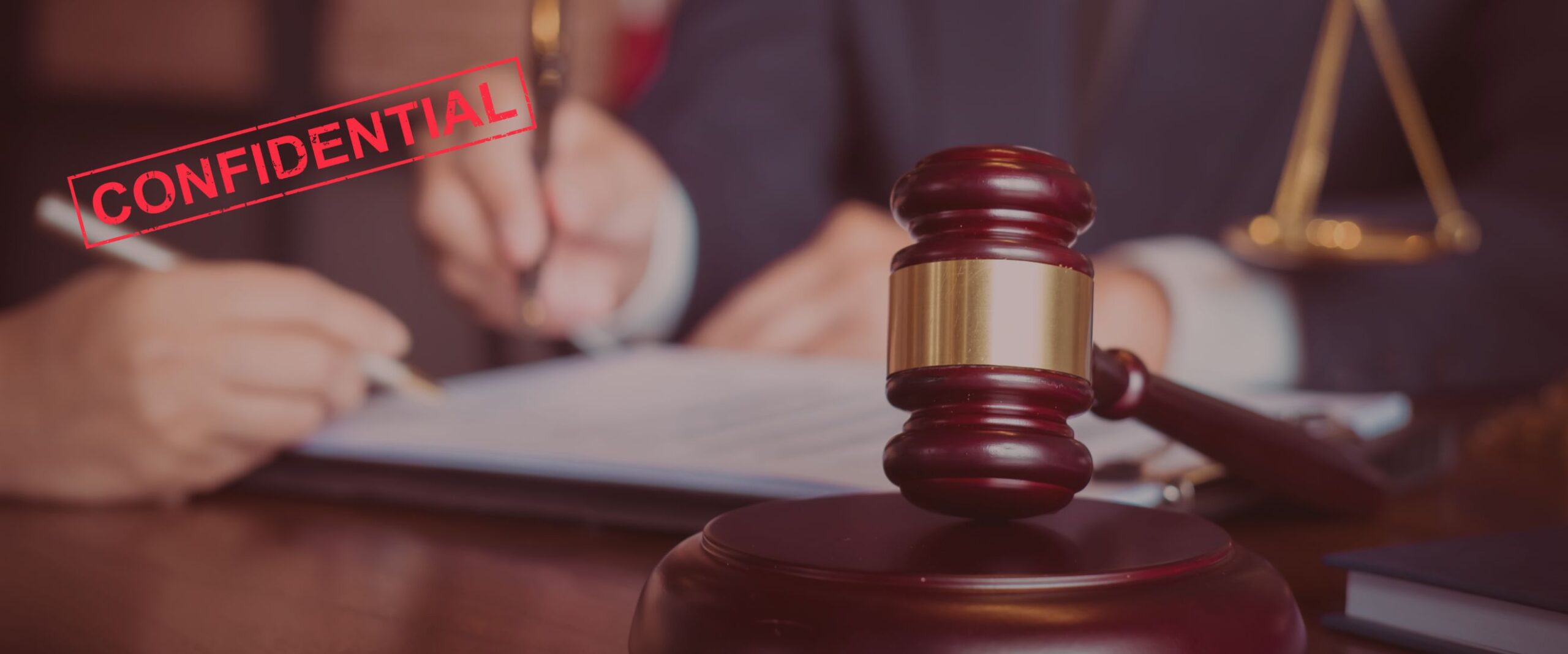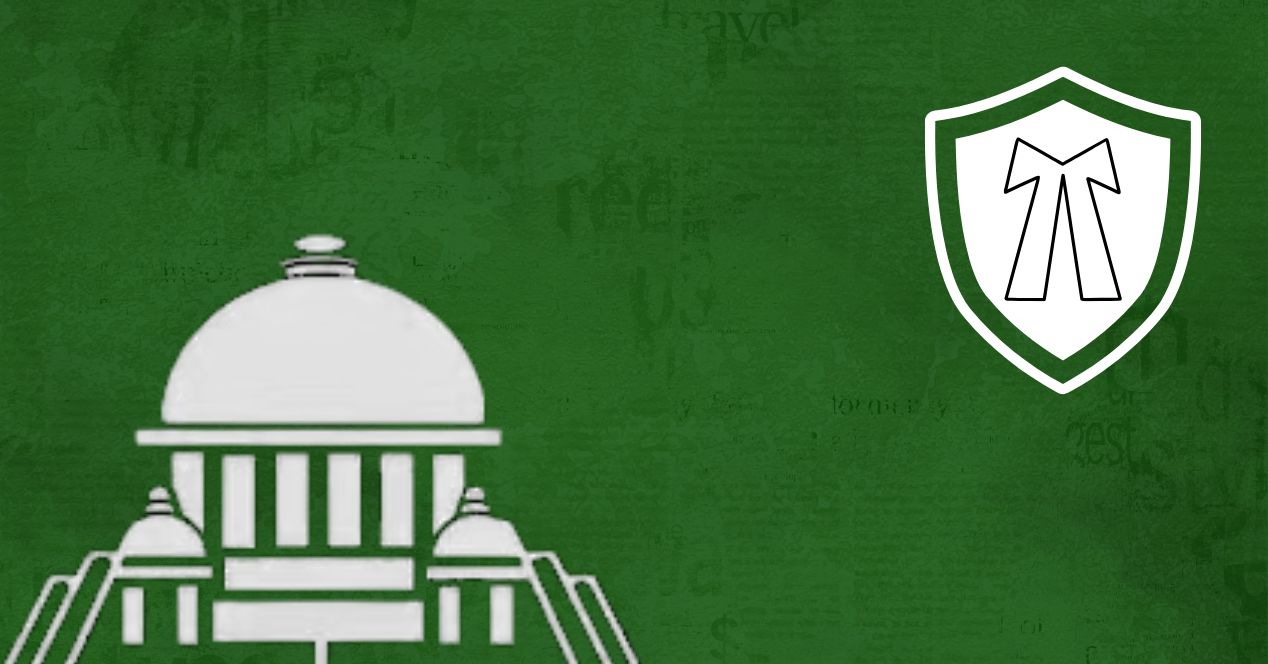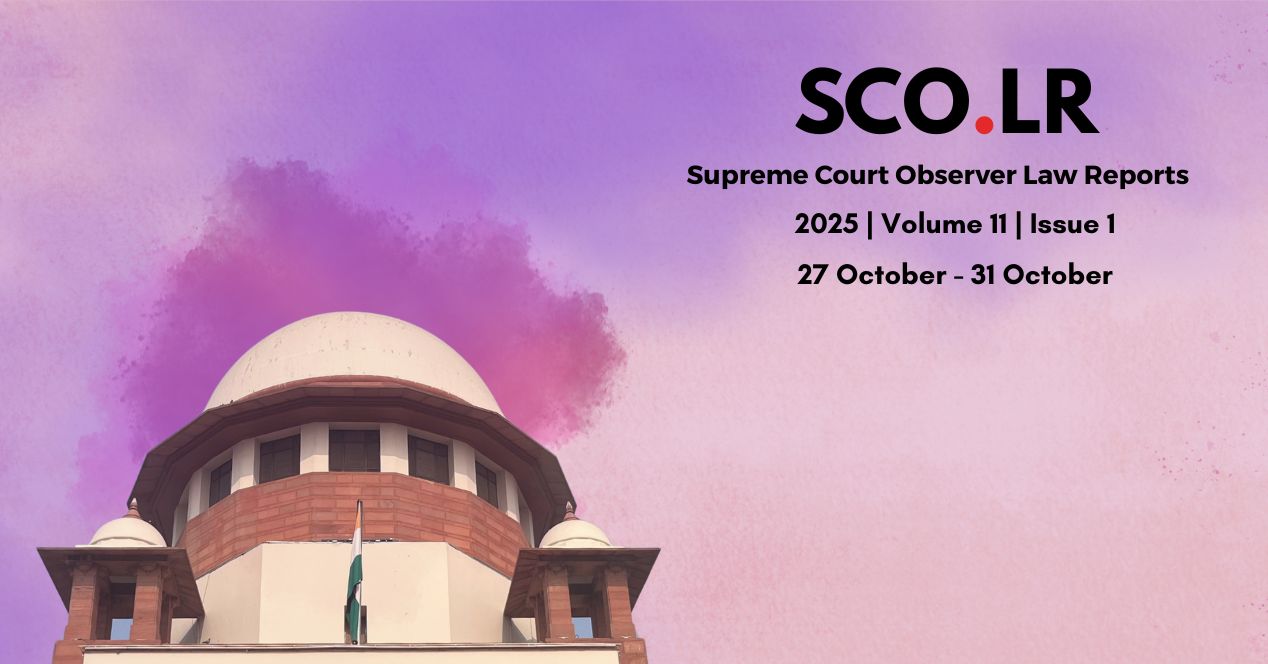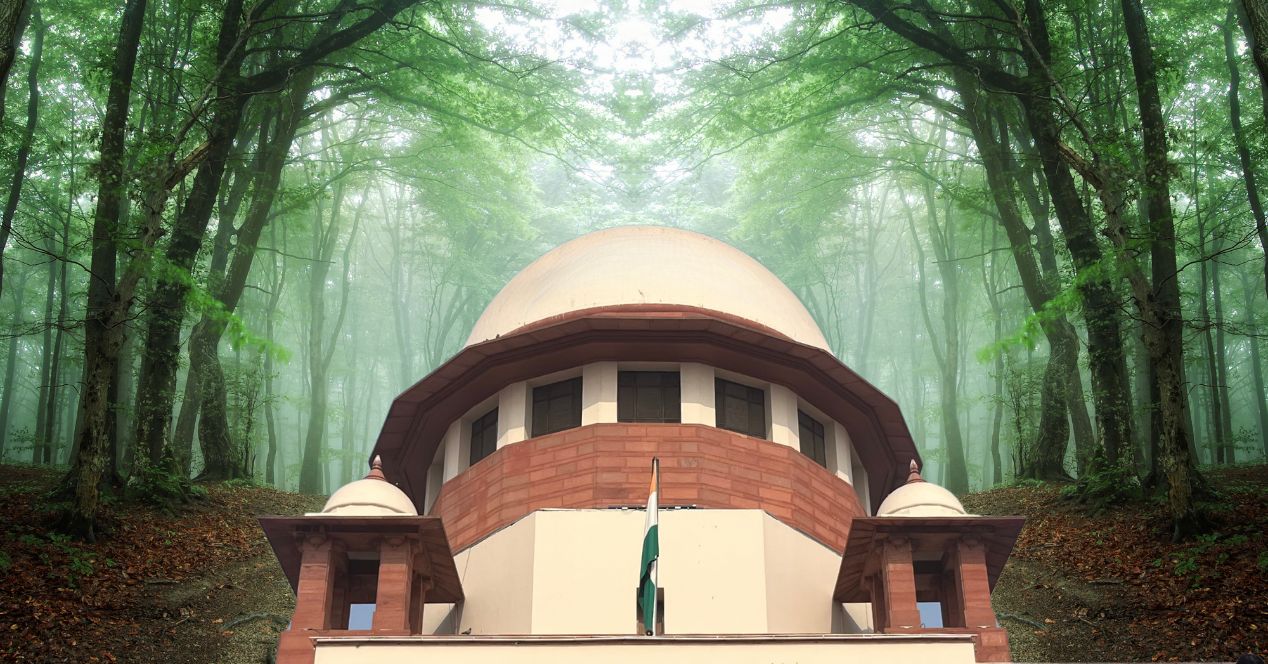Analysis
Summoning advocates who represent clients under investigation | Judgement Summary
We summarise the 78-page judgement which held that investigating agencies cannot summon advocates to seek case details

On 31 October, a Division Bench led by Chief Justice B.R. Gavai and Justices K.V. Chandran and N.V. Anjaria held that an investigating officer cannot summon an advocate to extract case details under Section 132 of the Bharatiya Sakshya Adhiniyam, 2023 (BSA). The case was heard by the Court under its suo moto jurisdiction based on a reference by a two-judge Bench of Justices K.V. Viswanathan and N.K. Singh.
The Bench which referred the case had stayed a police summons issued to a lawyer in Ahmedabad. It had observed that the summons raised critical questions and framed two issues:
- Whether an investigating agency may directly summon a practising advocate where the advocate’s role is limited to advising or appearing for a client in a case?
- Whether, assuming an exceptional situation exists, any special oversight should be imposed before such a summons is issued?
Investigating agencies cannot summon advocates
The Court answered the first in the negative. It held that professional communications are privileged and they cannot be pierced merely because the police wish to seek clarifications from counsel regarding a client’s case.
The Court noted that Section 132, which restricts disclosure of professional communications, sets out limited exceptions where a summon can be issued: if the communication was made in furtherance of an illegal purpose; where facts show a crime or fraud after commencement of the engagement.
The Court noted that the investigating powers of the police under the Bharatiya Nagarik Suraksha Sanhita, 2023 (BNSS) does not override confidentiality obligations created by law. In particular, it cautioned that the power to mandate attendance (Section 179) and produce documents (Section 94), must be exercised consistently with the privilege. The Court stated that investigators should obtain case material through witnesses and documents as the law allows, rather than seek to question counsel about the client.
Advocate-Client privilege is not absolute
The Court added an administrative safeguard that a summons issued under the exceptions should be approved by a superior officer not below the rank of superintendent of police. The approving officer must record reasons showing why the case fits the proviso to Section 132. These requirements are designed to deter speculative or routine attempts to summon counsel, and to create a record amenable to judicial review.
Addressing the scope and limits of protection, the Court clarified that the privilege is anchored in client confidentiality and applies across litigious and non-litigious engagements. Moreover, the Court added that the client confidentiality is rooted into the right against self-incrimination under Article 20 of the Constitution.
Production of digital devices and documents
The Court held that the privilege does not extend to the mere production of documents or things. It observed that any requirement to submit a document under Section 94 should be made to the jurisdictional court, and not directly to the police. The court will then rule on permissibility and admissibility in accordance with the law.
The court should give notice to the affected party and hear objections. If the objections are not satisfactory, the digital equipment should only be accessed in presence of the advocate and the client. They can be assisted by any person who is conversant in digital technology. The Judgement specifically noted that their presence was important to minimise collateral exposure of confidential information relating to other clients.
No privilege for in-house counsel
The Court held that advocates and in-house counsel are distinct, as the latter are not covered under the Advocates Act, 1961. At the same time, the BSA separately recognises confidential communications with legal advisers under Section 134. The Judgement makes clear that Section 134 is distinct and does not transform employer–in-house communications into the advocate-client privilege contemplated under Section 132.
No oversight mechanism for summoning advocates
On the oversight question, the Court declined to mandate a universal, magistrate-level pre-approval regime. It found that existing statutory provisions have occupied the field and there is no legislative vacuum to fill by issuing guidelines. Moreover, such guidelines would undermine legislative intent. The Judgement noted that summons which appear to fall within the exception, can be tested under the judicial review mechanism.
The Court considered this combination of recorded reasons, prior superior-officer approval, and existing judicial remedies sufficient to check abuse. This would avoid the creation of a parallel pre-clearance system not contemplated by any statute.
Applying these principles, the Court set aside the impugned summons. It noted that the stated purpose was to elicit “true details” from the advocate about a client’s case, which is squarely within the zone of professional communications protected by the statute. The summons did not demonstrate facts bringing the case within the proviso to Section 132 , nor was there any indication of prior approval by a superior officer.
In conclusion, the Court anchored its approach in the need to preserve effective legal representation and the administration of justice. It observed that routine summoning of counsel to extract information about clients would hamper candid consultation and undermine the statutory scheme that protects professional communications.




